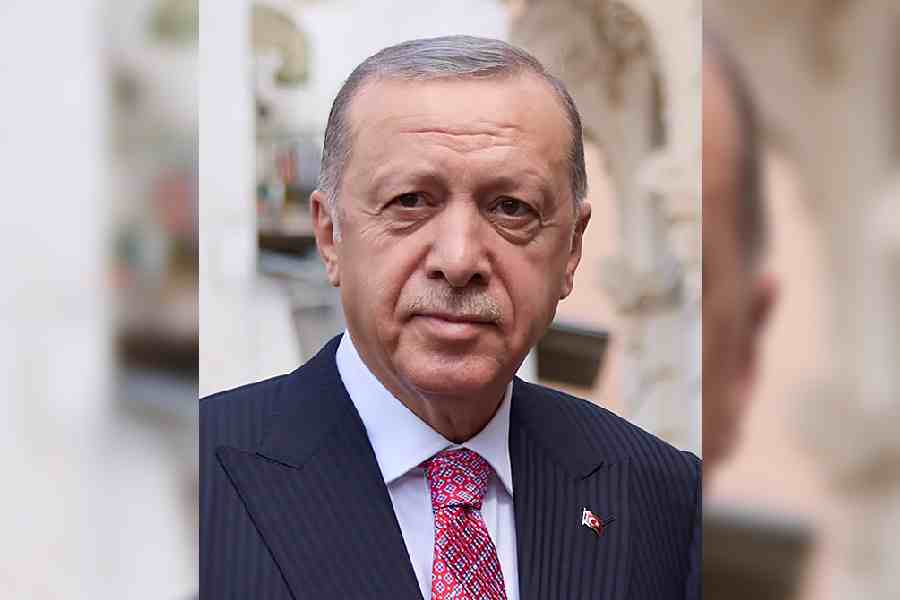Last May, President Recep Tayyip Erdogan of Turkey handily secured another term as head of state, shattering the morale of the political Opposition and raising fears among his critics that his hold on the government would enable him to further edge Turkey towards autocracy.
This weekend, the Opposition struck back.
Erdogan’s opponents secured a surprising string of victories in local elections across Turkey on Sunday, increasing the number of the country’s cities under their control and further ensconcing them in most of the major metropolises.
Those Opposition victories could serve as a check on Erdogan’s power at home, analysts said, while enabling rising Opposition stars to wield the large budgets of major cities to build their profiles before the next presidential election, expected in 2028.
Turkey’s largest Opposition party, the Republican People’s Party, won 37.8 per cent of the vote, its highest share since 1977, according to preliminary results from the state-run news agency Anadolu. Erdogan’s Justice and Development Party won 35.5 per cent, the agency reported, its worst showing in local elections since the party was founded 20 years ago.
The results were a blow to Erdogan, 70, who has been Turkey’s predominant politician for more than two decades. He has used his power as prime minister and then president to expand the role of Islam in public life and to build Turkey’s status as an economic and military player, sometimes in ways that have exasperated the United States and Turkey’s other NATO allies.
Erdogan’s critics accuse him of pushing the country towards one-man rule by cowing the news media and co-opting government institutions to serve his party’s interests. His defenders deny that he is an aspiring autocrat, pointing to his long history of success in elections that are widely regarded as free.
But the performance of Erdogan’s party Sunday showed that many voters were unhappy, analysts said, particularly with his stewardship of the economy. A yearslong cost of living crisis has weakened the national currency, and sky-high inflation has eaten away at the value of Turks’ paychecks and savings accounts.
For years, Erdogan insisted on lowering interest rates to stimulate growth, even when inflation soared above 80 per cent in late 2022.
“Many government voters were disillusioned by the fact that they kept voting for Erdogan but didn’t experience any kind of real improvement in their living standards,” said Berk Esen, an associate professor of political science at Sabanci University.
That apparently caused some supporters of Erdogan’s party to stay home, contributing to opposition wins that Esen called “really phenomenal.” Turnout was 78 per cent, down from 87 per cent during the elections last May.
New York Times News Service










